In a country where the film industry serves not only as a source of entertainment but also as a significant cultural force, the portrayal of women in media plays a crucial role in shaping societal norms and values. Despite Indias status as the world’s largest film producer with 1000’s of films created annually across various regional industries, women in the entertainment and media sector continue to face substantial challenges. Research on the representation of women is revealing only 17% of department heads in the Hindi film industry are women. In both films and OTT productions, there are six male characters for every female character, and only one in ten directors is female. Women are also three times more likely than men to appear in scenes involving nudity. In 2022, only 24% of the top 250 films in India featured women in roles such as producers, directors, editors, or cinematographers.
Primus Partners workshop on portrayal of women in media and entertainment
This was the background to a workshop taken up by Primus Partners, one of India’s Largest Management Consulting company that saw participation of leading voices from Bollywood, Media and Public Sector including Shabana Azmi, Farhan Akhtar, Anupama Chopra, Samruddhi Porey, Aditi Rao Hydari, Atul Kasbekar, Shobha Sant, Ashima Chibber, Meghha Chedda and Khusboo. The public sector saw representation from Iqbal Singh Chahal, IAS, ACM to CM Maharashtra, Dr. Preetam Yashvant, Joint Secretary, Ministry of Women and Child Development, Mr. Pame, Director, Ministry of Information and Broadcasting and Mr. Amit Rana and Ms. Uma Rawla from Prasar Bharati.
Ms. Charu Malhotra, Co-Founder Primus Partners, set the stage by highlighting the string of commercial success of positive stories and growing demand from larger audience of positive portrayal but a relative lack of such stories and movies in Media and Entertainment. She highlighted that such workshops will help Primus to develop an action plan for consideration of Industry and Government.
Industry leaders highlighted the need for improved data transparency, gender sensitization programs, and mentorship for aspiring female professionals.
“Responsibility of creating that difference whether within an Eco system or outside is all interconnected. So each of us need to make that shift personally to keep the movement going. Films and society culture geo politics all go hand in hand and it’s a reflection of one another. We need to work upon both sides in order to have that pragmatic shift,”- Meghha Chedda, VP- Content development, T- Series.
“The media landscape is evolving rapidly. Which makes it even more essential that the portrayal of women in film and television must be authentic and empowering. We discussed critical points on how this can become a reality. However, progress will only be meaningful if we champion diverse stories without the shackles of censorship. The freedom to tell these stories in their truest form is essential for real progress, I look forward to more such discussions,“- Anupama Chopra, Film Journalist, Film Critic & Author.
“I think a really important take away from today was that things are surely changing overall for representation of women across different avenues in film, but not nearly as fast as they need to. We need to take steps for our stories to reach at the grass route level, have a curriculum that highlights the arts not only as an extra-curricular but as one of the main subjects. Instead of parents refraining women to join creative fields to give them the option to explore the field and make an informed choice and there on support them!,” – Panchami Garwi, Casting Director.
Speakers from the Government spoke of the need for Industry to drive such discussions and work towards finding different initiatives to support women’s participation in the workforce.
The roundtable emphasized the importance of films, advertisements, and screen icons in responsible storytelling and addressing stereotypes and objectification. Discussions also covered the impact of media misrepresentation on rural and regional audiences and the potential of the expanding digital space for diverse portrayals of women.
By developing actionable strategies, the roundtable aimed to move from theory to practice, ensuring women are represented authentically and respectfully across all media platforms. With the backing of policymakers and industry insiders, these efforts are expected to play a crucial role in shaping societal attitudes towards gender equality and ensuring that womens voices and perspectives are genuinely represented across all media platforms.


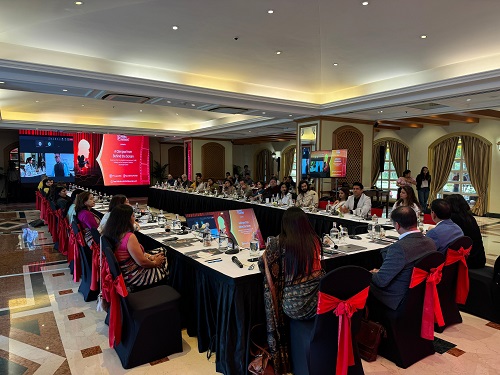
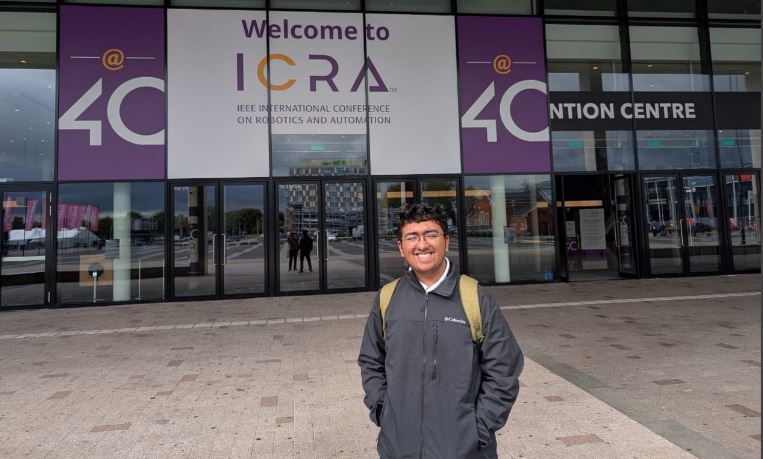
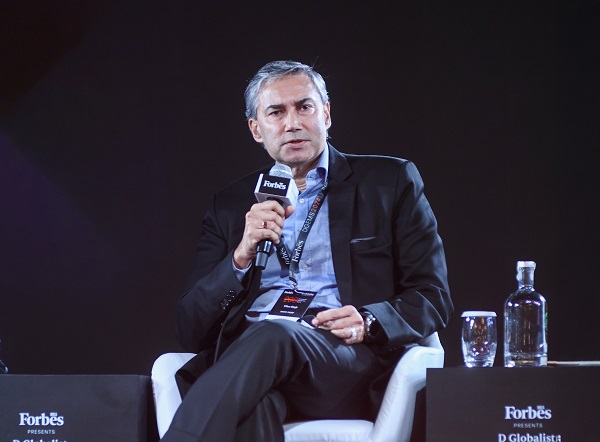
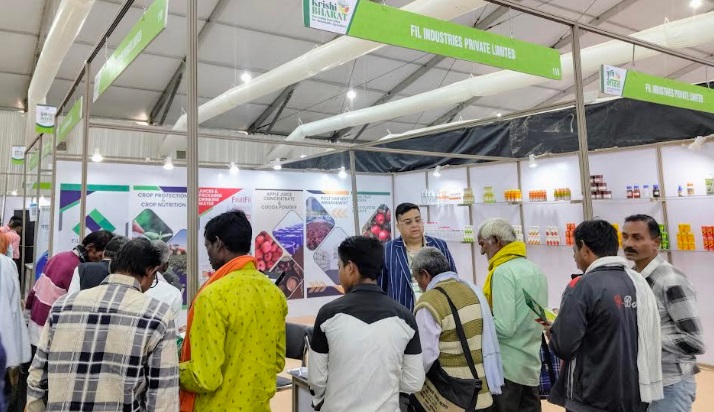
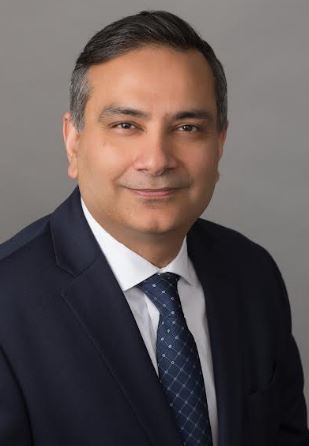
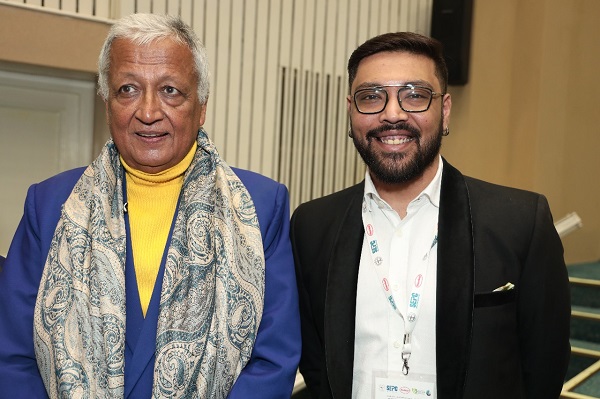




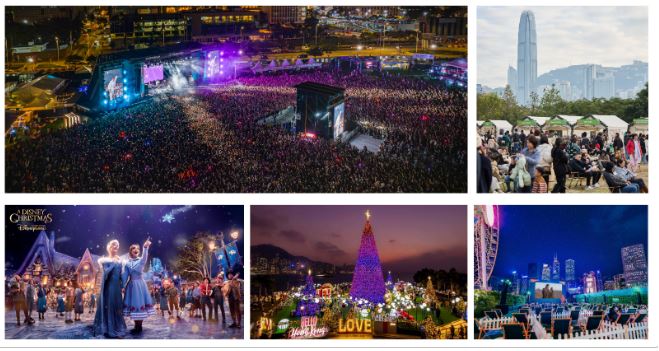




Reader Interactions